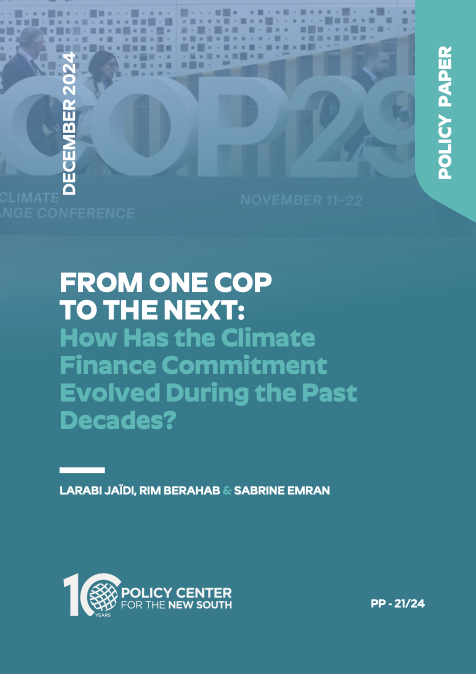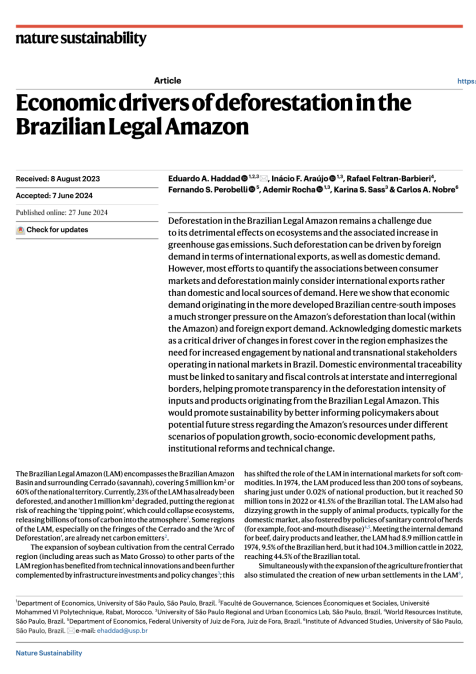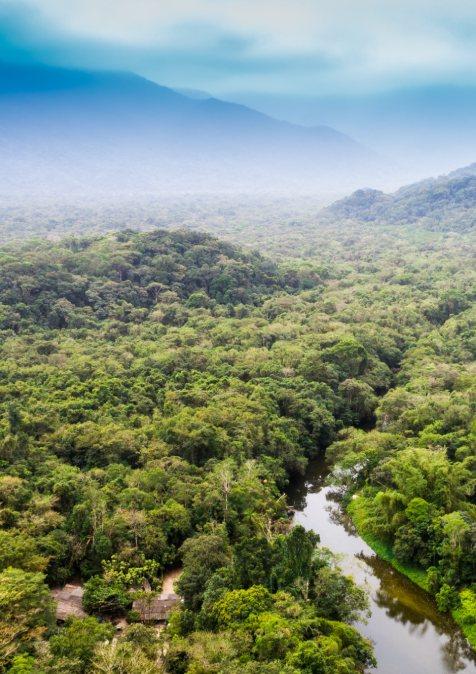Publications /
Policy Paper
This paper assesses the outcomes of COP29 in Baku, focusing on its achievements and shortcomings in advancing global climate governance. Key milestones included the adoption of the new collective quantified goal (NCQG), the tripling of climate finance commitments to $300 billion annually by 2035, and progress on Article 6 carbon markets to mobilize international cooperation and finance. However, finance remains insufficient to meet the needs of developing countries, and unresolved issues such as transparency and the risk of greenwashing challenge the integrity of carbon markets. The conference also failed to maintain momentum on fossil-fuel divestment, reflecting geopolitical divisions and waning ambition. As the world prepares for COP30 in Belém, Brazil, the credibility of the COP process depends on addressing these gaps and delivering stronger, actionable commitments to meet the Paris Agreement’s aim of keeping global warming within 1.5°C.











